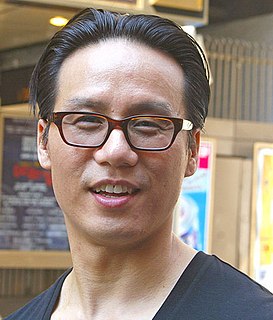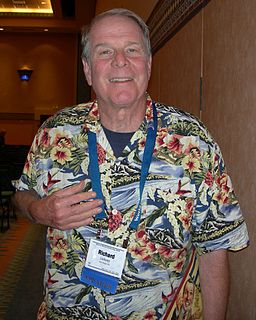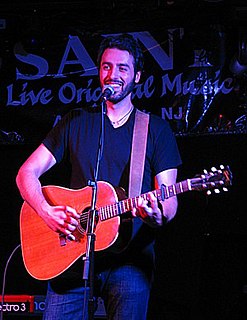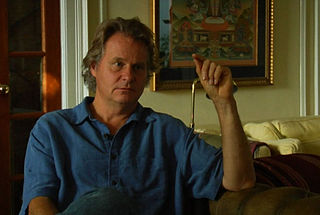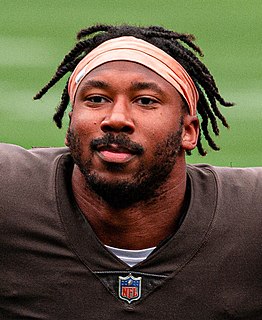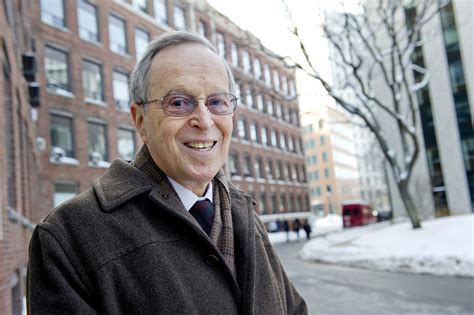A Quote by B. D. Wong
I was on 'SVU' for 11 years. I developed a muscle in my brain that could memorize things much more easily than people who don't do it every day. I got used to the language, and some of it got to be repetitive language, so you build your vocabulary.
Related Quotes
Sensationalism only works for so long. Think of something like the Kony 2012 campaign. Its sensationalized, viral language got people all hot and bothered, but at the end of the day, there was so much it got wrong about the situation, and that did more damage to their cause than what they got right.
The politics of language and the politics of writing really got to me. I've heard this phrase more than once now: this idea of the poetry wars, or the idea that people within the space of writing are at odds with one another or manipulating language to further one's political stance, manipulating language in ways that really felt dirty to me. All of these things worked their way into and through language for me.
One of the problems with watching TV is that you've got a fairly low level of language operating all the time. Quite a small vocabulary and really no conceptual or abstract thinking. That's an issue. If you've got a wide vocabulary, you can learn. The complexities of grammar, in themselves, force you to think about time in a particular way. Force you to widen your outlook on the world.
Religion is much more than language, but to be Christian does mean speaking Christian for most people. The language many of us use has contributed to the crisis in Christianity in North America. Traditional Christian language is becoming less familiar to millions of people. The language is frequently misunderstood by people.
I released that I could crank out a song if I practiced it a lot. If I am in the practice of writing songs everyday or every other day, getting ideas and following through with them, and not just saying "I've got this idea, but I will get to it at some point." If I actually sit down and not be lazy, and follow through with it then you just get in the practice of doing things. It feels very productive, and then it gets a lot easier, because you are working the muscle in your brain. The "song-writing muscle" so to speak.
I just don't think people get off on language anymore. Language used to be an elevated art. It used to be for people what music can be. But people don't learn to do that anymore, so eloquence is merely a matter of waste. Who needs a good vocabulary and proper English? Eloquence - it's dead and who needs it?
Get in the habit of writing down three things you're grateful for every day. Studies show that in a two-minute span of time, done over 21 days in a row, you can actually rewire your brain. Your brain starts to retain a pattern of scanning the world for the positive versus the negative. Seeing things in a frame of positivity and gratitude is a muscle. You can strengthen this muscle through practice.
Language [can] be expressed . . . by movements of the hands and face just as well as by the small, sound-generating movements of the throat and mouth. Then the first criterion for language that I had learned as a student—it is spoken and heard—was wrong; and, more important, language did not depend on our ability to speak and hear but must be a more abstract capacity of the brain. It was the brain that had language, and if that capacity was blocked in one channel, it would emerge through another.
